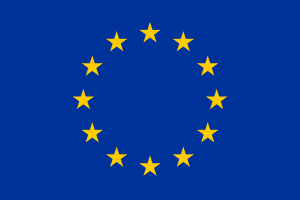This website uses cookies so that we can provide you with the best user experience possible. Cookie information is stored in your browser and performs functions such as recognising you when you return to our website and helping our team to understand which sections of the website you find most interesting and useful.
Research projects of Aumed, a.s. are financed by the European Structural Funds and with financial support from the state budget through the Ministry of Industry and Trade. A complete list of all ongoing and completed projects with this support can be found here.

European Union
European Regional Development Fund
OP Enterprise and Innovation for Competitiveness


